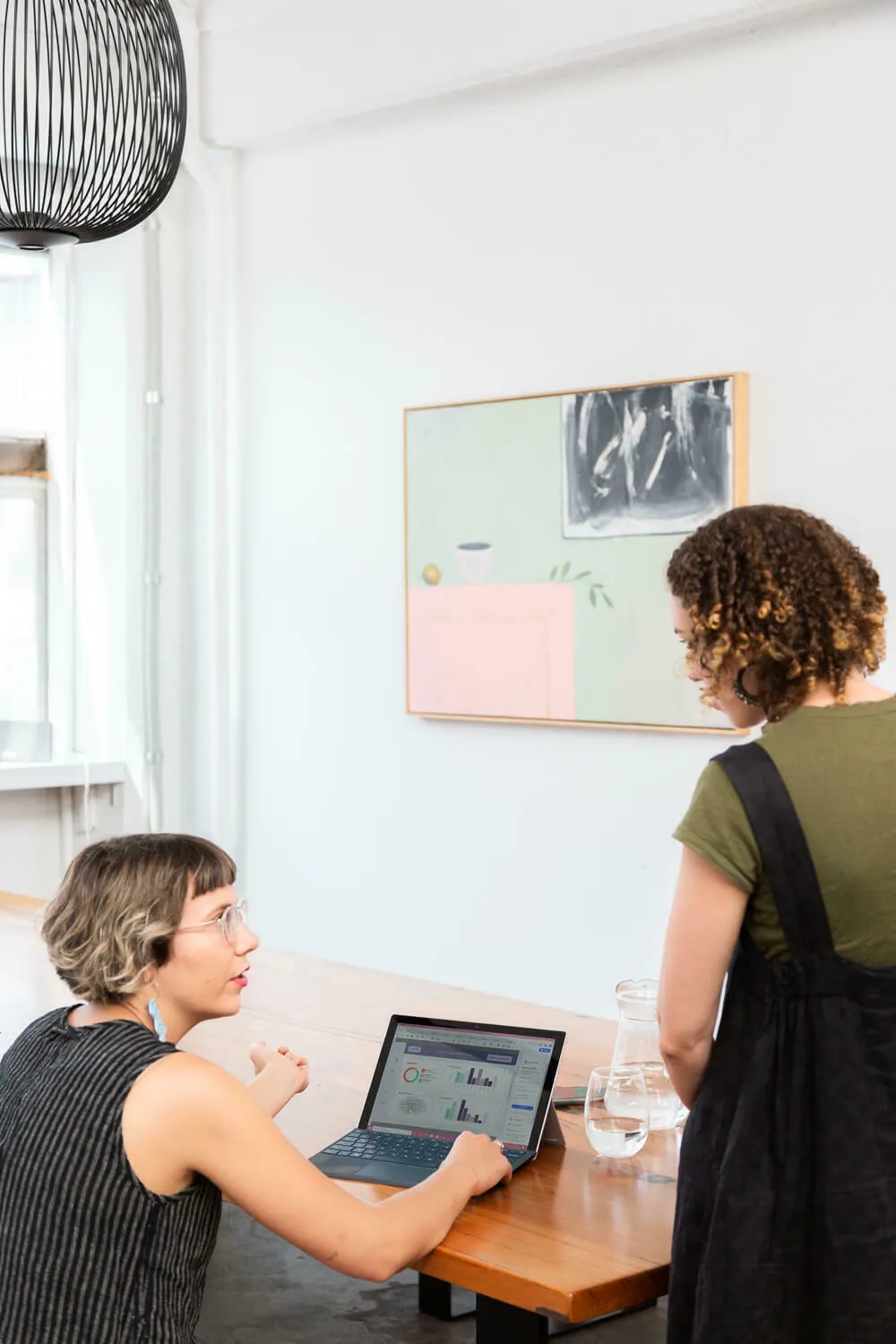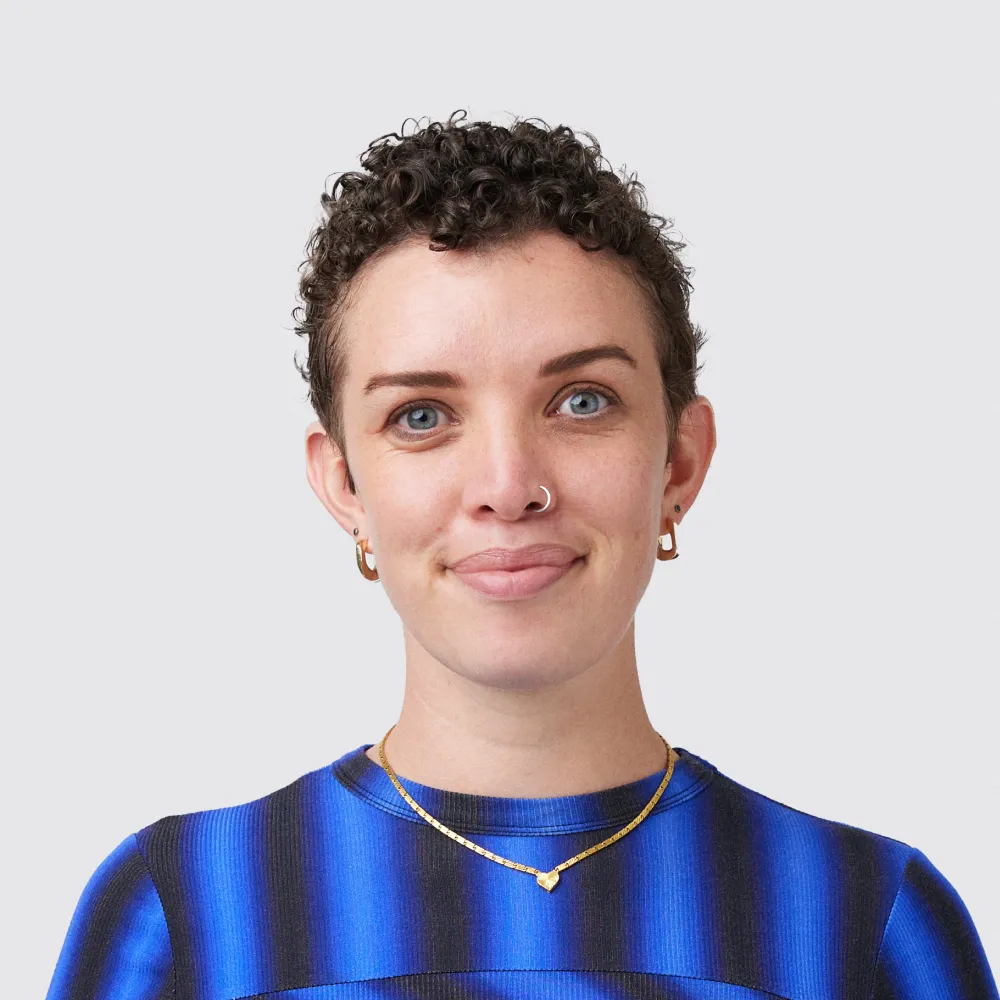There’s a lot of power in sharing stories and there’s even more power when people really listen. That’s what She’s A Crowd do. They’ve created an online space where women are safe to share their stories of gender-based violence and find strength in the stories of others.
We spoke to the Founder and CEO, Zoe Condliffe, about how she’s working to transform the data captured in women’s stories to transform cities around the world into safer places.
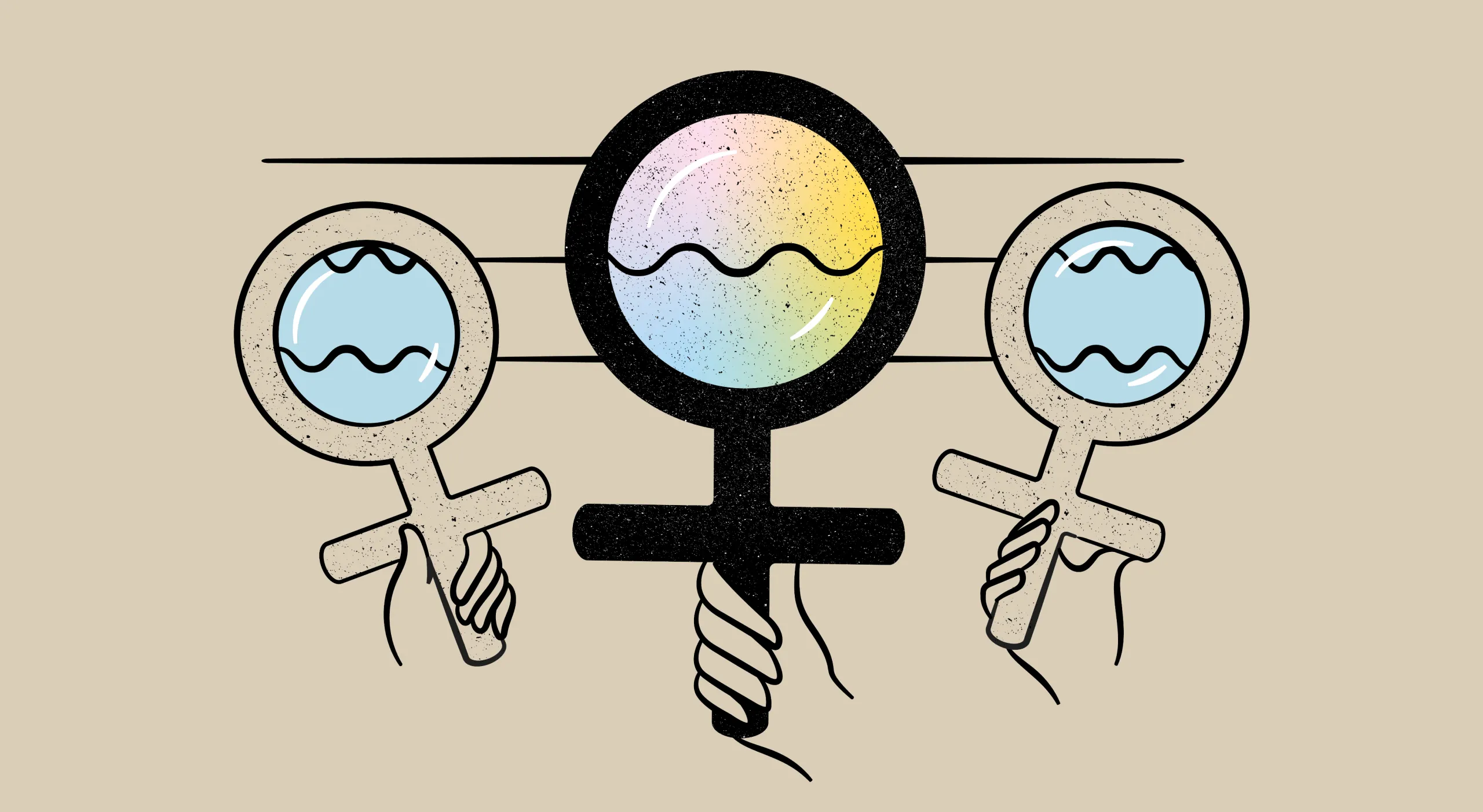
In conversation
Zoe Condliffe, Founder and CEO at She's a Crowd
Kate Bensen, Storyteller at Today
How do you explain She's A Crowd to people for the first time?
I have a go to sentence that’s like the elevator pitch that you're taught that you have to do when you start a startup, which is, “I run a feminist tech company.” I often say that, depending who I'm talking to and how much I want to freak them out. And then I say, “We use crowd sourced data to make cities safer for women.”
I like that. That's much shorter than how I explain my role.
It’s the shortest way I've figured out how to say it. It also involves the least emotional exhaustion, because then everyone always wants to talk about She's A Crowd and I have to talk about it a lot, so I always try and just have my go to thing ready.
I know you’ve talked a lot publicly, including TEDx talks, about how your personal experience and sharing your story was a really powerful journey for you. I was wondering if there was something in particular in your personal journey that encouraged you to become an activist in this space? That step over into the public space is a big one for some people.
I was actually thinking about this the other day. You know how people always say, “I didn't know what I wanted to do when I was 19.” And I would say, “Yeah, who knew?” And then I thought about it again. Me. I knew. It's like I've always known. Why do I keep pretending like I didn't know?
When I was like 14, I was at the careers council in school, trying to figure out what subjects I should do. And I remember saying to them, “I don't know what I want to do, all I know is that it needs to be something that people haven't already done.” And that's what I've always known. I wanted to do something that changed the status quo.
After your own experience with gender-based violence, is that when you thought it was a space you could make a difference in?
When I was 21 I started an NGO in Cambodia, because I grew up there for a part of my childhood. So I was already in that space. I'd always identified with feminism theoretically and to myself I identified as a feminist, but I wouldn't tell anyone, because it wasn't cool back then in high school. But I never really got it emotionally, or understood why it would affect me.
After experiencing some things that I now identify as gender-based violence, my feminist awakening was when I was able to link my personal experience with patriarchal systems and realised what happened to me is not this one off thing, that is my fault, and I was just unlucky. It's actually a part of a system and it's really, really common. And when I realised that, I was able to talk about it, and when I talked about it there were heaps and heaps of people talking about their experiences ... I've been hearing about people's experiences ever since.
So I realised, “Wow it really is everywhere.” I realised that feminism had literally saved my life, because it made it possible for me to understand that it wasn’t my fault and there was something I could do about it. It was then that I felt like I'd figured out the thing that I wanted to do with my whole life. I think if you figure that out you're really lucky, because then you can just focus your energy on something.
And that’s what I did. I was doing my masters at the time and I changed direction. I was looking at the regeneration of the arts in post-genocide communities—such as Cambodia—and I changed my focus to feminist storytelling as a method of healing from gender-based violence. My career went in that direction and everything aligned.
When you were moving into the initial phase of a tech startup, is there one thing that you think was most difficult about breaking into that space?
I was working for Plan International, so it was a very different space. I had gotten to a point where I felt like I was really good at my job, and I knew I could do it and I loved it.
And then when I went into a startup it was like going from feeling totally confident and like I belonged somewhere, to feeling like I knew nothing, and feeling stupid every single day. I just felt like I didn't know anything, I definitely had imposter syndrome. I don't know anything about tech, and I'm a tech founder. That's ridiculous. You know?
Everyone would ask what I did and I’d have to say, “I'm the CEO and founder of She's a Crowd.” I couldn't say it for so long, it felt so embarrassing. I really felt like I didn't know what I was doing. When I had to learn how to pitch and be confident at public speaking I would just cry or have a tantrum, like a child. It was a really steep learning curve.
But then on top of that, I didn't have any income, I was living in my van, my relationship broke down because he couldn't really deal with the fact I was doing all this new stuff. He decided not to support me to start my own company. I don't know if he was threatened, or what it was. I needed more support than I'd needed before. I was very happy and self-sufficient and all of a sudden I needed someone in my corner, and he couldn't deal with that.
So everything that was solid in my life just turned to liquid, and the rug was just pulled out from under me. I had no money, no house, no partner, and no idea what I was doing. So that was the hardest thing. I was really sad a lot of the time, but then it got better.
After experiencing some things that I now identify as gender-based violence, my feminist awakening was when I was able to link my personal experience with patriarchal systems and realised what happened to me is not this one off thing, that is my fault, and I was just unlucky. It's actually a part of a system and it's really, really common. ... I realised that feminism had literally saved my life, because it made it possible for me to understand that it wasn’t my fault and there was something I could do about it.
Zoe Condliffe
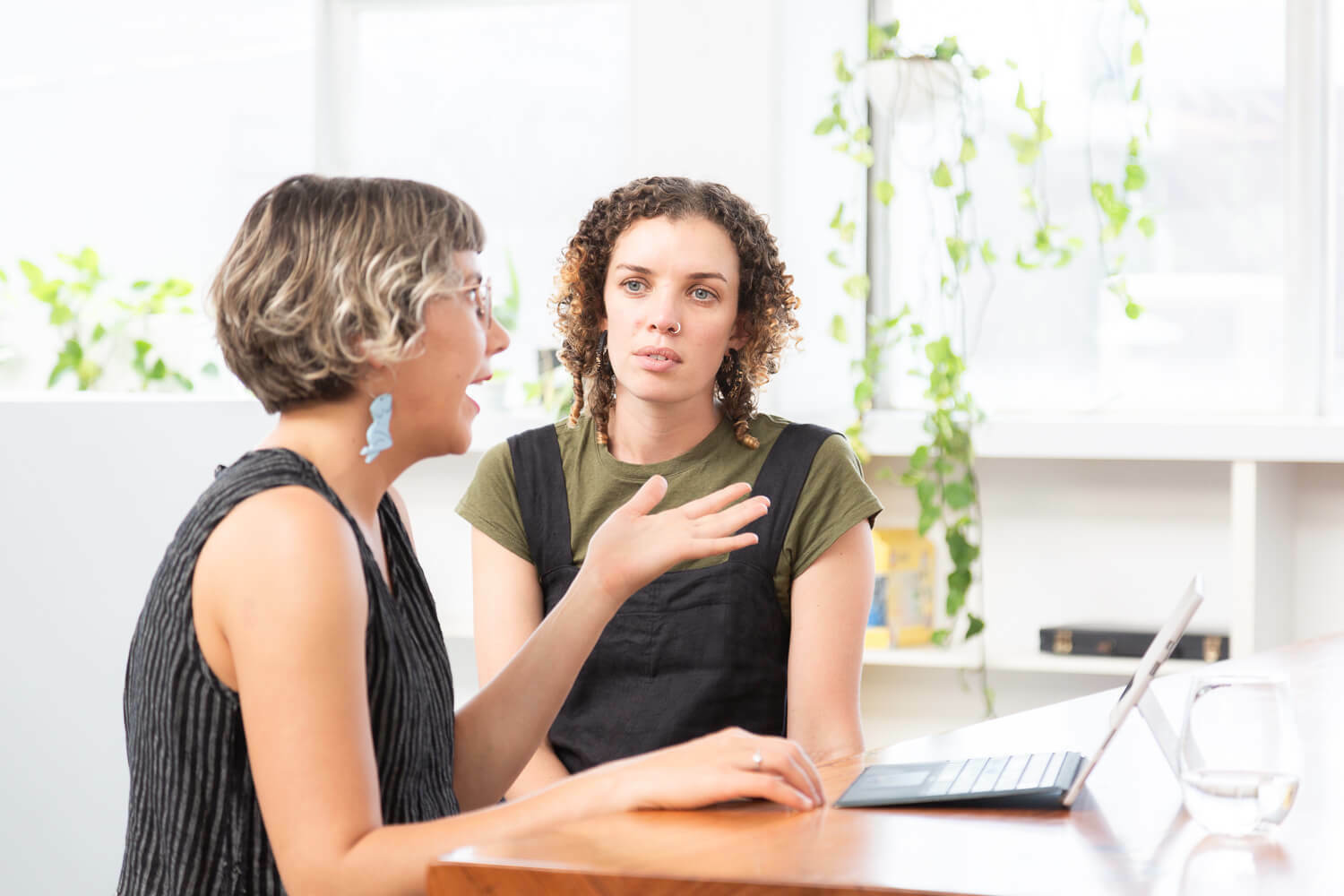
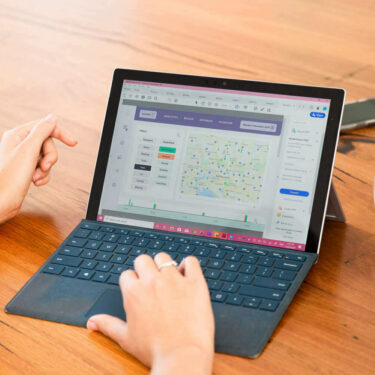
That's a huge transition. When it started to get better, and when you started to gain traction with what you wanted to do with She's A Crowd, can you look back on any particular pivotal turning points? Where perhaps you got a sense that everything was falling into place?
The first and most significant one was before it even started, when Matt Benetti, Jan Owen and Nicola Hazell from the Foundation for Young Australians said, “We believe in you, you can do this, you can start this company, we'll support you.”
Then it was really, really hard. People say that it's hard, and what I found was that it wasn't hard in any of the ways I thought it would be hard.
I went to the US for She's A Crowd and when I came back it felt like all of a sudden everything started happening. Everyone had heard about it and everyone wanted to meet. I got all these new opportunities and a lot of PR, which is something that a lot of startups struggle with. I just said yes to a lot of things for a while and then for about six months it was all go, go, go.
That was a great moment, but I did realise that that's not enough, you have to actually say no to a lot of those things. Because you can spend your whole life doing external relations and not actually run a company. Having everyone say you run a company is not the same as running a company.
Then last year, in the second year, a real turning point was when we started getting our first paid pilots. Where decision-makers started looking at our data, analysing it, and actually producing something. The local government that we were working with said, “As a result of the data you've given us, we've realised that the scope of this problem is completely different to what we thought it was, it’s bigger than we thought it was and we're going to go back and change the way we were going to address gender-based violence in this area. What we were doing was not enough.”
I thought, “Fucking, yes.” This is what I dreamt the data would do and now we've got an example of that happening on our first ever paid pilot.”
There have been so many cool things that have happened. Last year we went to Indonesia to scale up She’s A Crowd there. And also Switzerland and San Francisco. There's been a lot of opportunities, but nothing beats getting the product right and getting the data right. Because that’s why I'm doing it.
That's amazing. The ability to influence decisions and policy change is so hopeful. And then hopefully we will see the effects of that data over a number years now.
Exactly, that's the idea. We just need to keep testing each little part. We know that that part works now, so we’re at the stage of building out the next part.
In the next version of the platform, decision-makers will be able to view specific location maps, like Central Station in Sydney for example, and along the side of the map will be different categories you can select. You might just select age 20-29, and you only want to see catcalling, and it will just show you that. You might want to see what's happening on trams, and just want to see harassment and assault. So by choosing those filters, dots will appear on the map that reflect those sub-categories.
It will also show a bunch of other analytics that suggest recommendations for changes. There’s critical recommendations, which are immediate things, like this light is broken. Down to moderate, so within the month, which might be more along the lines of, a lot of people have been reporting that this particular ticketing machine is broken, which means they have to walk further in the dark. And then the long term recommendations are policy and strategy focussed. The map is in one part of it and there’s going to be a dashboard available for decision-makers that subscribe.
You mentioned before about not knowing anything about tech, and how that’s strange when you’re the CEO of a tech startup. But perhaps that’s an advantage because you're looking at it from a usability perspective all the time. And asking yourself, “How would I use this? How would I engage with this?”
Right, because I am a user.
In the last two years, can you give me a picture of how many people are sharing their stories on the platform?
We have collected thousands of stories in Australia alone, and many more globally.
We're trying to change the way that stories are collected, because at the moment people share their story, but it's not attached to any sort of campaign or anything in particular. So we're building a tool that basically empowers people in communities—using a community development model—to raise data themselves and open up their own platform. So that's the next step.
I wanted to follow community development principles because I can't assume what's right for a community across the other side of the world to do with the data, or what types of data they need to collect. So there needs to be a certain amount of ownership and autonomy there. So that's what we're focusing on next.
That's massive, there’s so much room for positive change with that approach.
What kind of organisations are you hoping to get on board to use the data? You mentioned a local council, but what are the other spaces that you see partnership and growth opportunities in?
There's two sides to that. Partnerships on a user level are with more grass roots organisations and community leaders. For our customers, the direction we're going in is towards international development projects with big international NGOs. Where we might collect specific location-based data to feed into a transport or infrastructure project in a certain region.
At the moment we're also working with governments in Australia at a local and state level, specifically looking at women’s safety on transport.
The local government that we were working with said, 'As a result of the data you've given us, we've realised that the scope of this problem is completely different to what we thought it was, it’s bigger than we thought it was and we're going to go back and change the way we were going to address gender-based violence in this area. What we were doing was not enough.'
Zoe Condliffe
Tap to explore content
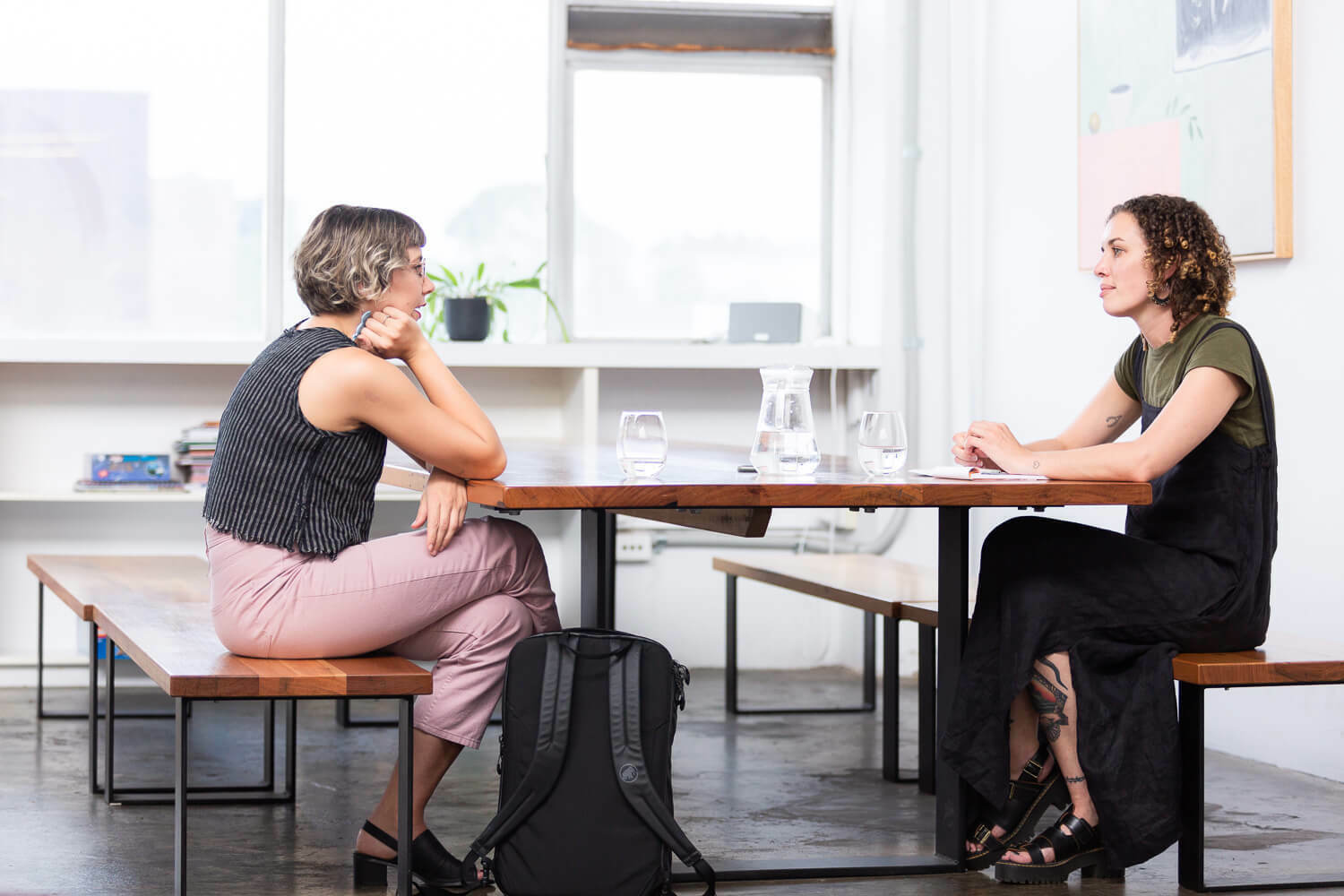
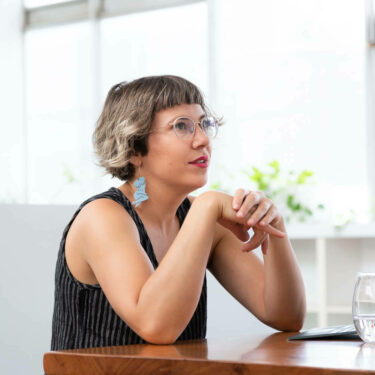
From a philosophical perspective, do you have a planned direction for She’s A Crowd?
Yeah, I do. It started off being all about the storyteller and the story; that's my passion. My PhD is looking at how women tell our stories about gender-based violence online, and what that process does politically, for example the impact of Me Too.
But with She's A Crowd my end goal is all about the data. What I've found is that the data literally just doesn't exist, and there's a huge data gap. In Invisible Women , it talks a lot about the data gap that exists across industries and I feel like I know how to start to bridge it, so I'm focusing on that. My five year goal is to have the biggest global data set for the prevention of gender-based violence that's specifically geospatial.
The idea is there is a hub where anonymised data can be used to influence decision-making, influence policy for the things that we already do, and be drawn upon, because it just doesn't exist at the moment.
Women are sharing their stories, then they're seeing other stories and they're sharing more stories and more stories. There’s exponential growth.
And I asked myself why it was like that? Why does that happen? What's that about? So that's when I decided to focus my PhD on that. What I'm basically arguing is that consciousness-raising—as a feminist technique and tool—has been very central to feminist waves that we've seen over time. If you look at the biggest feminist waves that we've seen through western history, we see that they've all had consciousness-raising in some form.
It was formalised as a method for feminists in the '60s where they'd meet up and they'd each share a story of gender-based violence, or other sexism. The goal was that it’s done very intentionally, and you go from feeling isolated, alone and ashamed, to feeling like, “Oh my god, this is not just happening to me, this is like the system.”
Which is exactly how I felt when I started sharing my story. You go from being a passive bystander to your own life—which is what women are often kind of told to be—to realising that you can actually be politically active and motivated. Then women usually get really angry, and then they go out on to the streets and become public feminists. And that's basically how you politicise women. It's all through storytelling.
We now have a feminist movement and I believe it's because of mass consciousness-raising online. With She's A Crowd, it's crucial to understand those processes and why they are so important, because it allows us to build a platform that puts the victims and survivors at the centre. In most reporting platforms, the experience of reporting is barely considered, which is why you end up with under-reporting.
Women don't think that their experience is important enough, or they don't trust the police, or they feel like it's going to take too much time, or be re-traumatising; there’s a million reasons. But it all comes back to the way that the system is designed and how historically, it hasn’t fitted with how women need to share their stories.
In your role, surrounded by so much heavy content and sharing of stories, how do you protect your own resilience?
Over Christmas, I have a rule where no one's allowed to talk to me about gender-based violence for two weeks. I put it on my social media, and I say, “You're not allowed to talk to me about it. I'm sorry, but it's not going to happen.”
That's really helpful for me. Honestly, it's great. I extend that to not talking about She's A Crowd either because I do need that space.
The rest of the time I really enjoy talking about it, and I find it really inspiring. It validates why I’m doing what I do. I'm so glad that what I do allows people to share their story with me, and I welcome it.
I guess I didn't really think it would affect me, and then over time it did start to affect me. So having those two weeks off is really important to maintain how I’m feeling.
I would get angry all the time. But, my mum said, “Being angry is not a sustainable way to make change.” So I'm trying not to be angry.
It’s really easy to get angry about what’s happening and focus on the negatives, but I think we need to be talking about a lot of other things. We need to ask, why is it that men do act like that? What's really going on? Let's be better and analyse deeper. There are a lot of subtleties in the things that go on; internalised misogyny is a really interesting one for example. So let’s unpack what’s going on and have a conversation about it. We're ready and we’re smart enough to comprehend these things. We don't have to stick to the basics of “men are shit.”
Thanks so much for coming and chatting, Zoe, it was really great hearing about She’s A Crowd and your own personal journey.
It’s really easy to get angry about what’s happening and focus on the negatives, but I think we need to be talking about a lot of other things. We need to ask, why is it that men do act like that? What's really going on? Let's be better and analyse deeper.
Zoe Condliffe
